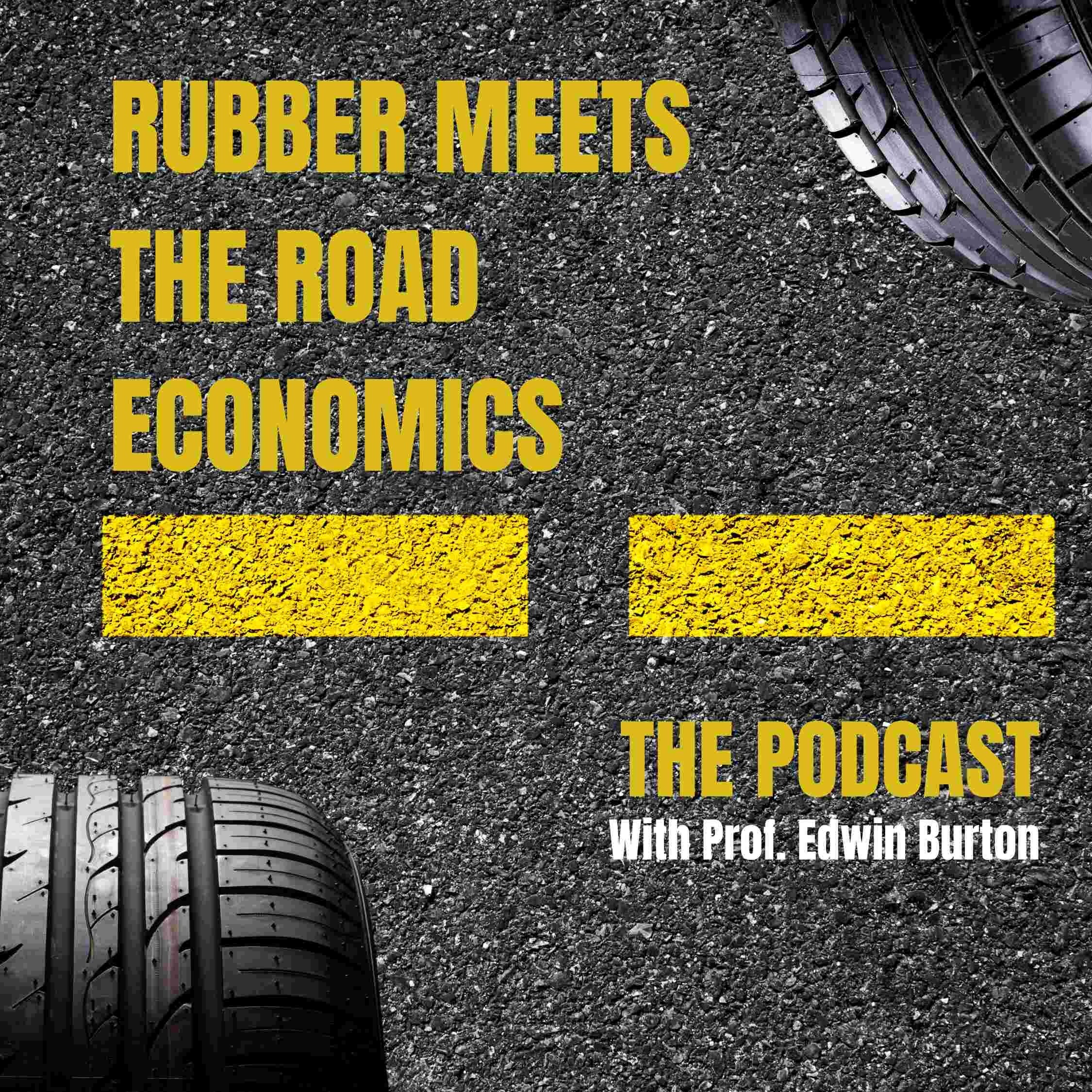The Fed, Treasury Yields, and the Real Cost of Debt


Investor Hunter Craig sits down with Professor Edwin T. Burton to unpack the latest shifts in the economic landscape. They delve into the Federal Reserve’s recent decision to lower the federal funds rate and its ripple effects on treasury yields, interest rates, and inflation. From the complexities of short-term treasury bill markets to the pressing issues surrounding the U.S. national debt and entitlement spending, this conversation illuminates the intricate connections shaping today’s economy.
Topics Discussed:
•The Federal Reserve’s decision to lower interest rates: implications and motivations.
•The relationship between treasury yields, repo markets, and federal funds rates.
•Why short-term treasury yields are dropping while long-term yields climb.
•A detailed explanation of the “flight to quality” and its impact on bond markets.
•The growing national debt: Can the U.S. solve its deficit without addressing healthcare and Social Security?
•Insights into the private healthcare system and the inefficiencies of the current insurance model.
•Predictions for the economy, stock market, and interest rates in 2025.
More About Dr. Edwin T. Burton
Dr. Edwin T. Burton is a distinguished professor of economics at the University of Virginia, specializing in finance with a focus on behavioral finance and the theory of financial markets. He has held senior roles on Wall Street and has been a leading figure in public service as the longest-standing trustee of the Virginia Retirement System. Dr. Burton’s popular finance courses at UVA have educated thousands of students, and he continues to provide sought-after insights at high-profile events. His publications, including Behavioral Finance, underscore his expertise in understanding complex economic systems.
Key Takeaways:
•Market Dynamics: Treasury yields, repo rates, and federal funds rates are tightly interlinked, and the Federal Reserve’s influence is limited by market forces.
•Flight to Quality: Investors’ concerns over rising interest rates drive demand for short-term treasuries while pushing long-term yields higher.
•Debt and Deficits: Without addressing healthcare and Social Security reform, the national debt crisis will continue to worsen.
•Healthcare Reform: The inefficiencies in healthcare insurance and overutilization of services contribute significantly to the ballooning national debt.
•Economic Forecast: A cautious outlook for the economy, with concerns about higher interest rates and stock market performance in the near future.
Further Resources:
•Priceless by John Goodman – An in-depth look at the inefficiencies in the American healthcare system.
Disclaimer:
The information provided on this podcast is for educational and informational purposes only. It is not intended as financial advice and should not be relied upon as such. All opinions expressed by the hosts, guests, or participants are solely their own and do not reflect the views of any companies or organizations they may be affiliated with. We recommend consulting with a qualified financial professional before making any financial decisions. Remember, investing and financial decisions carry risks, and it is important to do your own research.
Connect with Us:
Have thoughts on today’s episode or questions about the economy? Email us at rubbermeetstheroadeconomicspod@gmail.com and subscribe to stay informed about future episodes!



